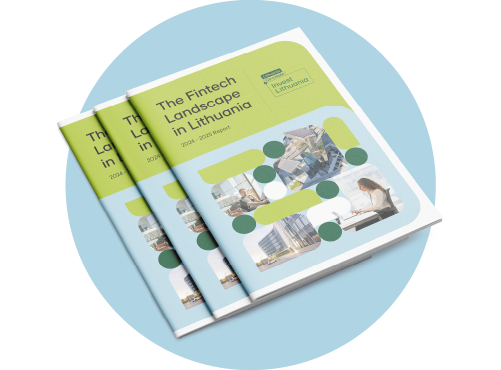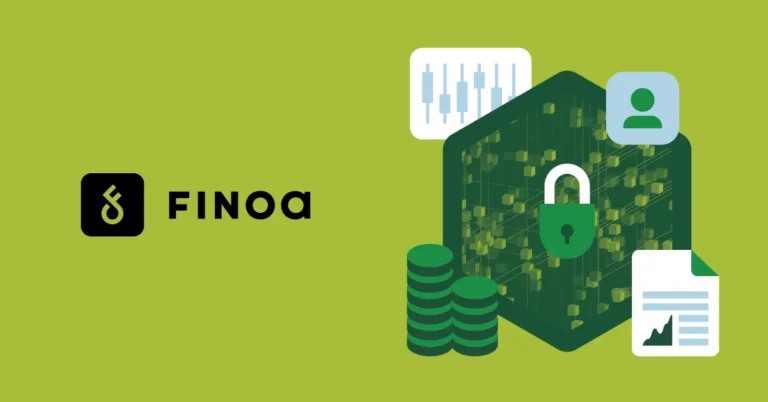Lithuania is slashing red tape for fintech companies with new regulations that cut compliance burdens for low-risk businesses while keeping essential safeguards intact. The regulatory shift aims to strengthen Lithuania’s position as Europe’s largest fintech hub and create a more flexible environment for financial institutions.
Europe’s fintech leader gets more competitive
With more than 120 active licensed fintech companies operating at the end of 2024, Lithuania stands as the largest fintech hub in the European Union by number of licensed companies, serving over 30 million EU customers. To further strengthen Lithuania’s competitiveness, recent regulatory updates have introduced a more risk-based approach, granting institutions greater discretion to assess client risk levels and determine when simplified due diligence may be applied – ultimately making it easier for lower-risk business models to operate in the country.
The new framework, developed to be more in line with the newest EU’s Anti-Money Laundering and Countering the Financing of Terrorism Authority regulation, introduces a differentiated regulatory model. Companies with lower-risk business models – such as e-commerce or property rental platforms – will be able to apply a risk-based approach for simplified due diligence processes.
Balancing innovation with security
By shifting to a risk-based regulatory model and broadening the applicability of simplified due diligence (SDD), the new framework strikes a balance between maintaining strong AML/CTF safeguards and fostering a more business-friendly environment. The regulatory update is designed not only to comply with EU legal provisions but also to ensure Lithuanian companies can operate transparently and safely without excessive regulatory burden.
This regulatory evolution is particularly significant for digital-first, low risk companies operating large-scale e-commerce platforms that rely on seamless, low-friction onboarding and payment processes. The reduced compliance burdens and greater flexibility in customer verification support operational agility and scalability – critical factors for companies looking to expand across European markets.














